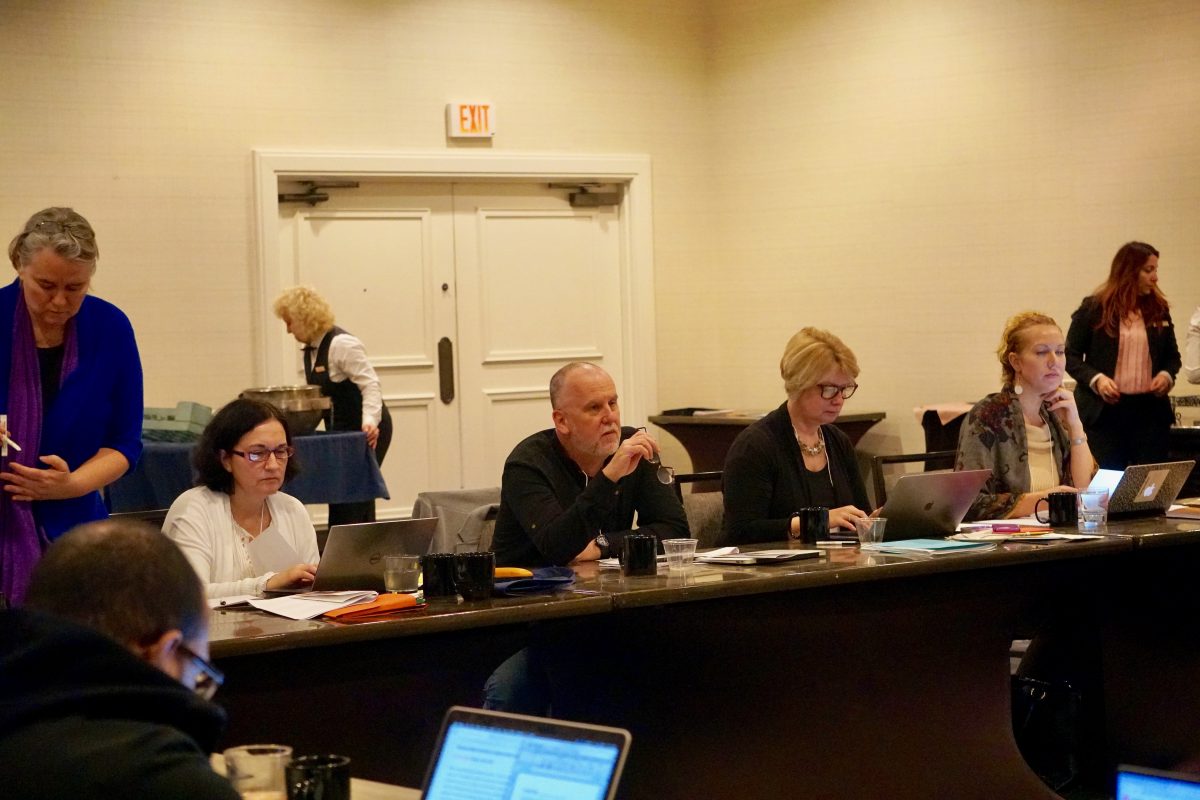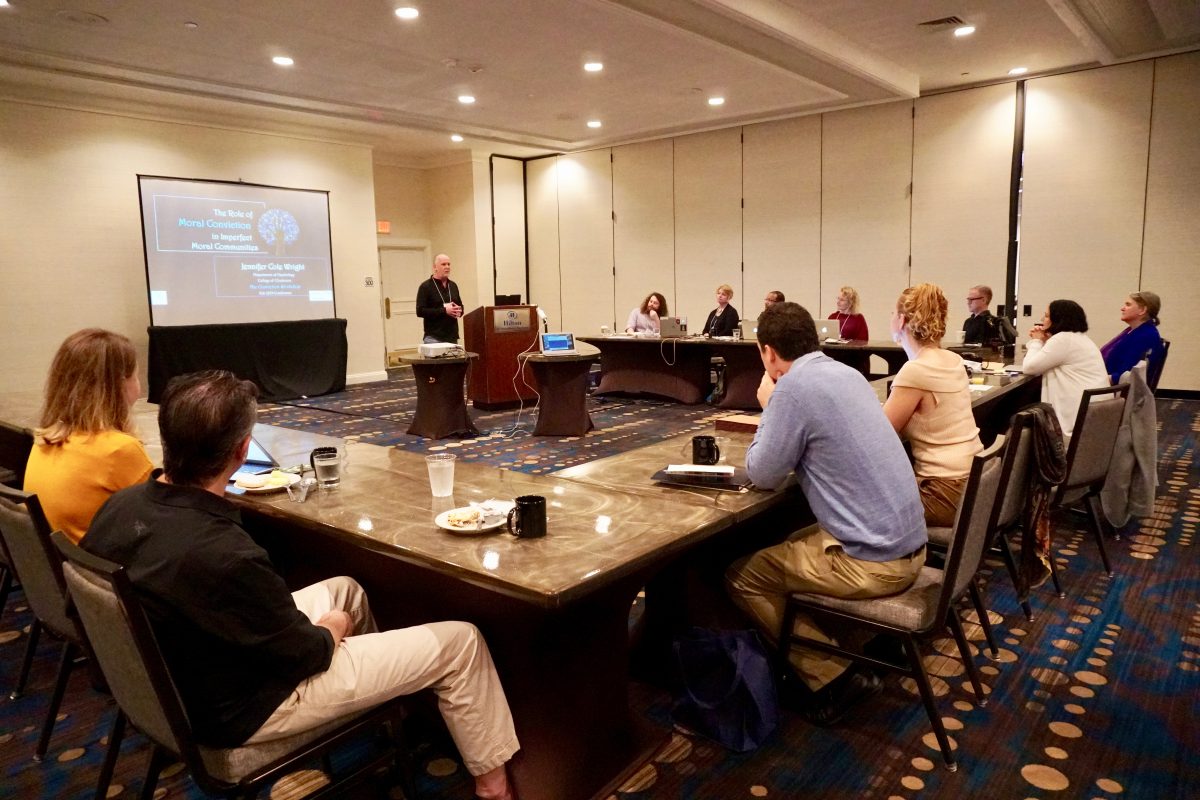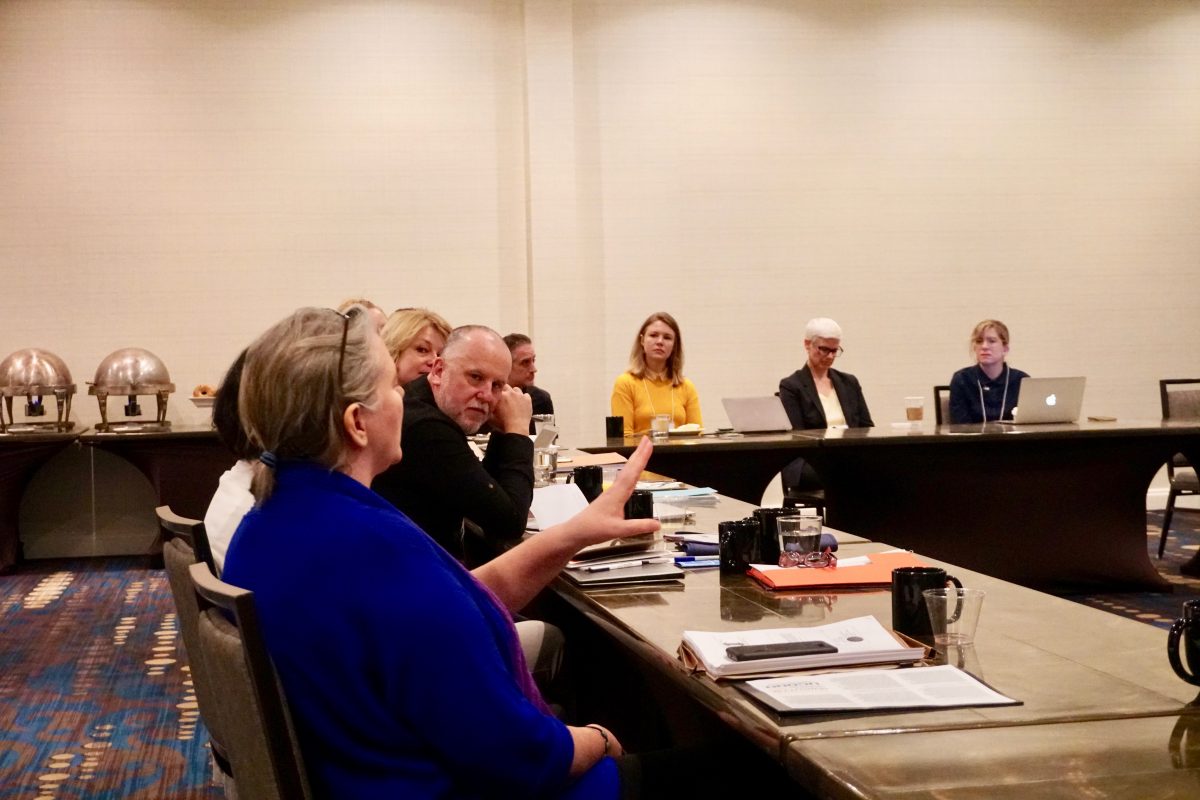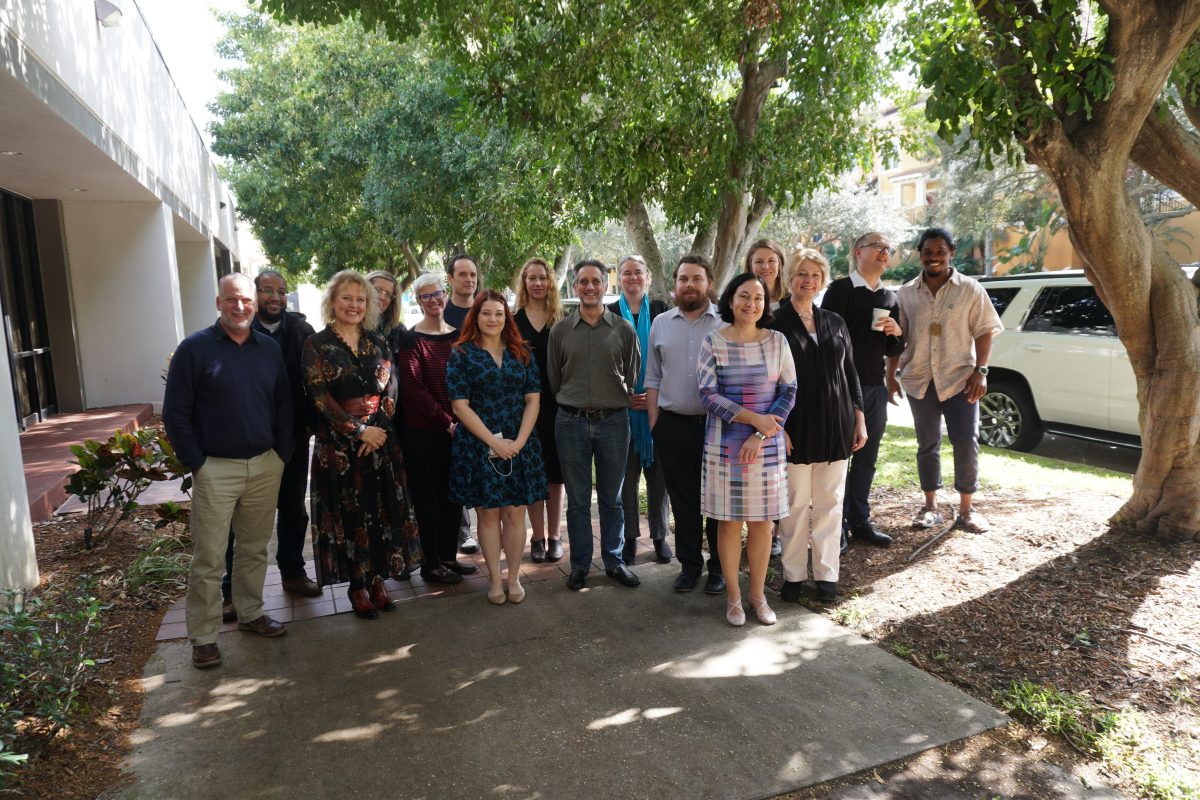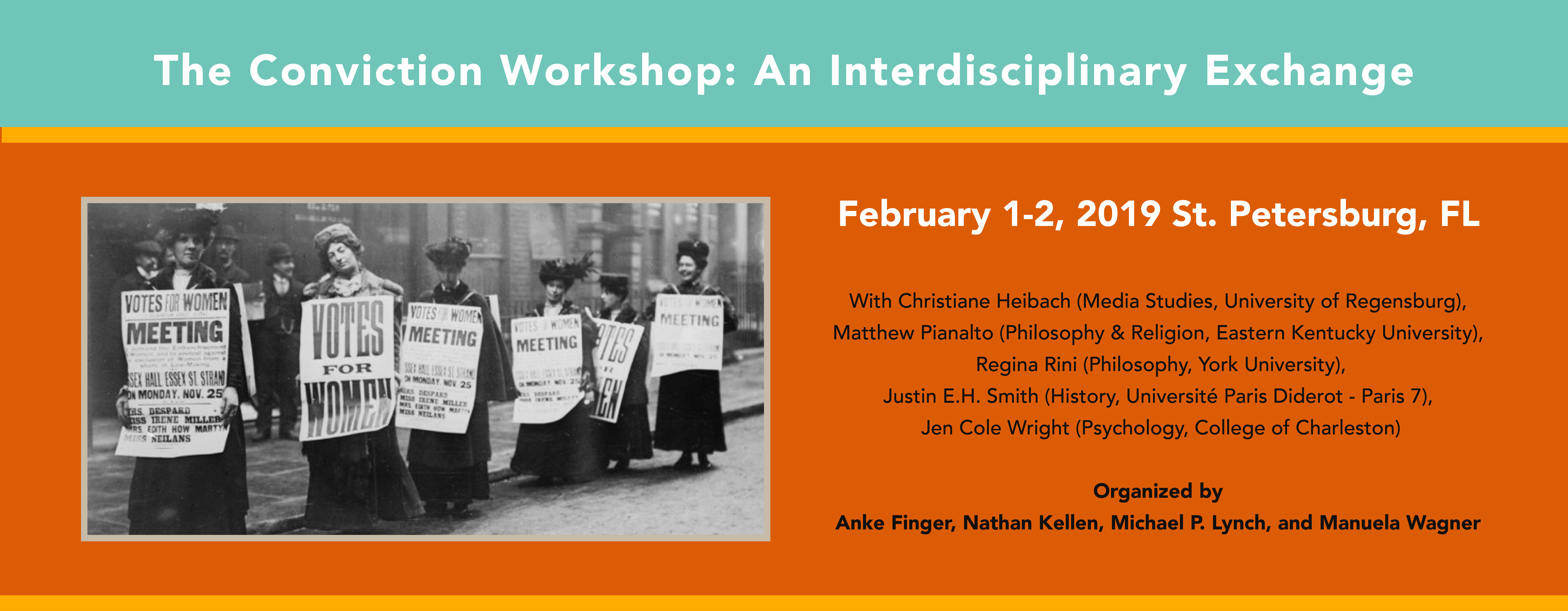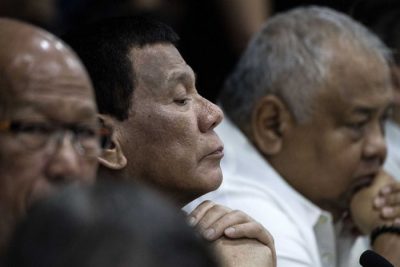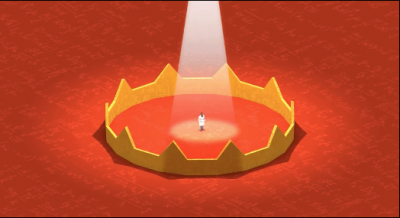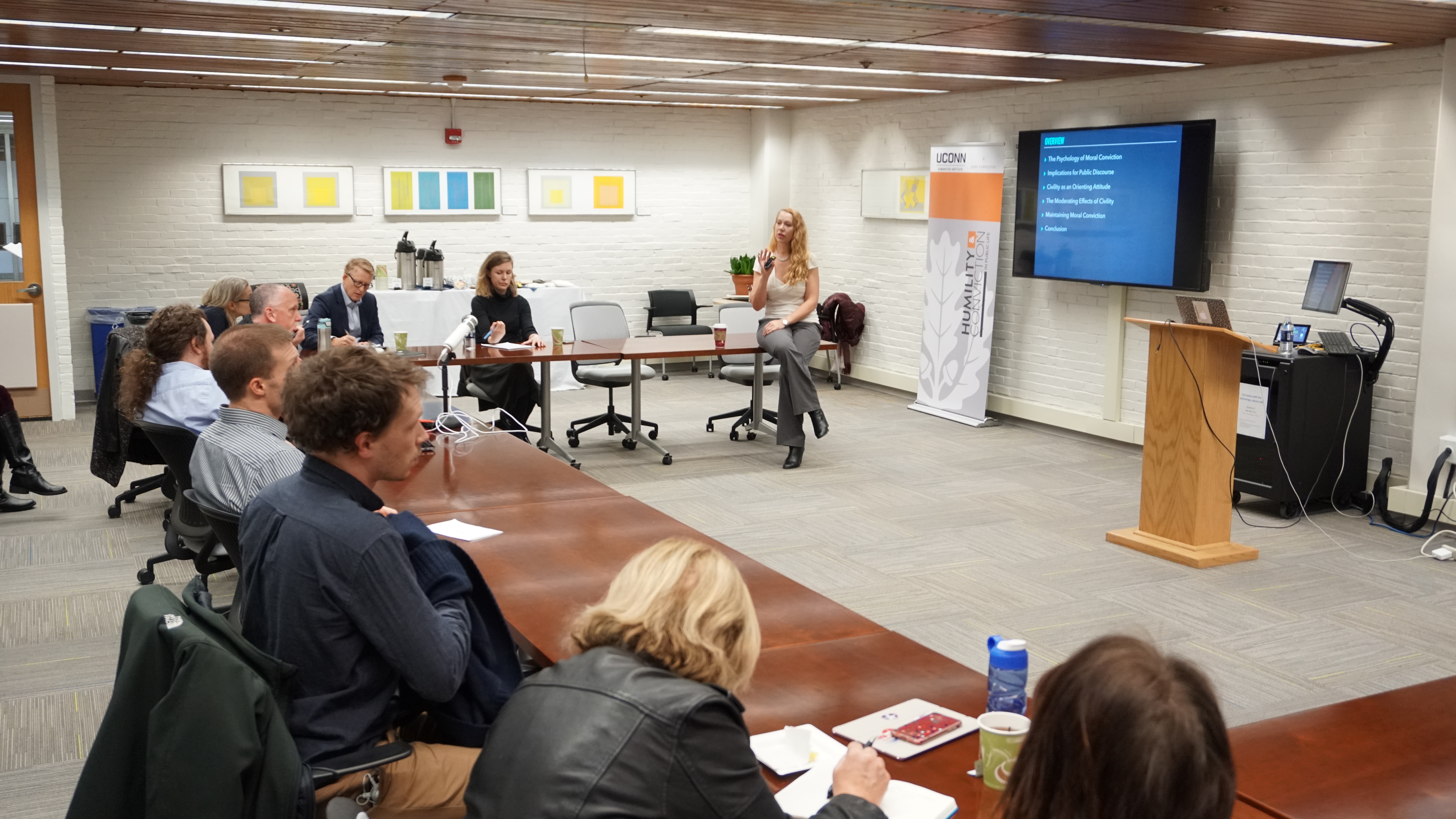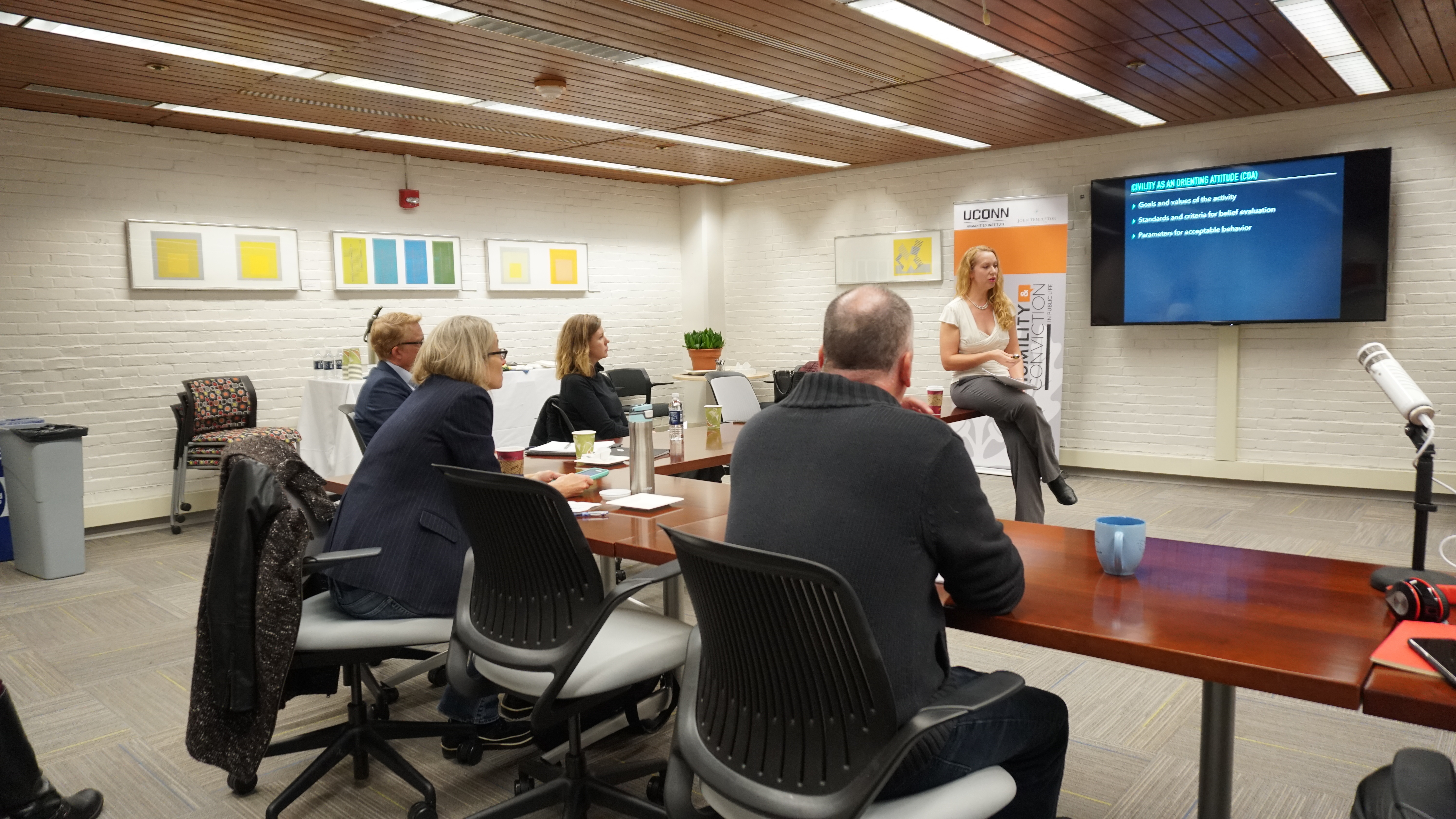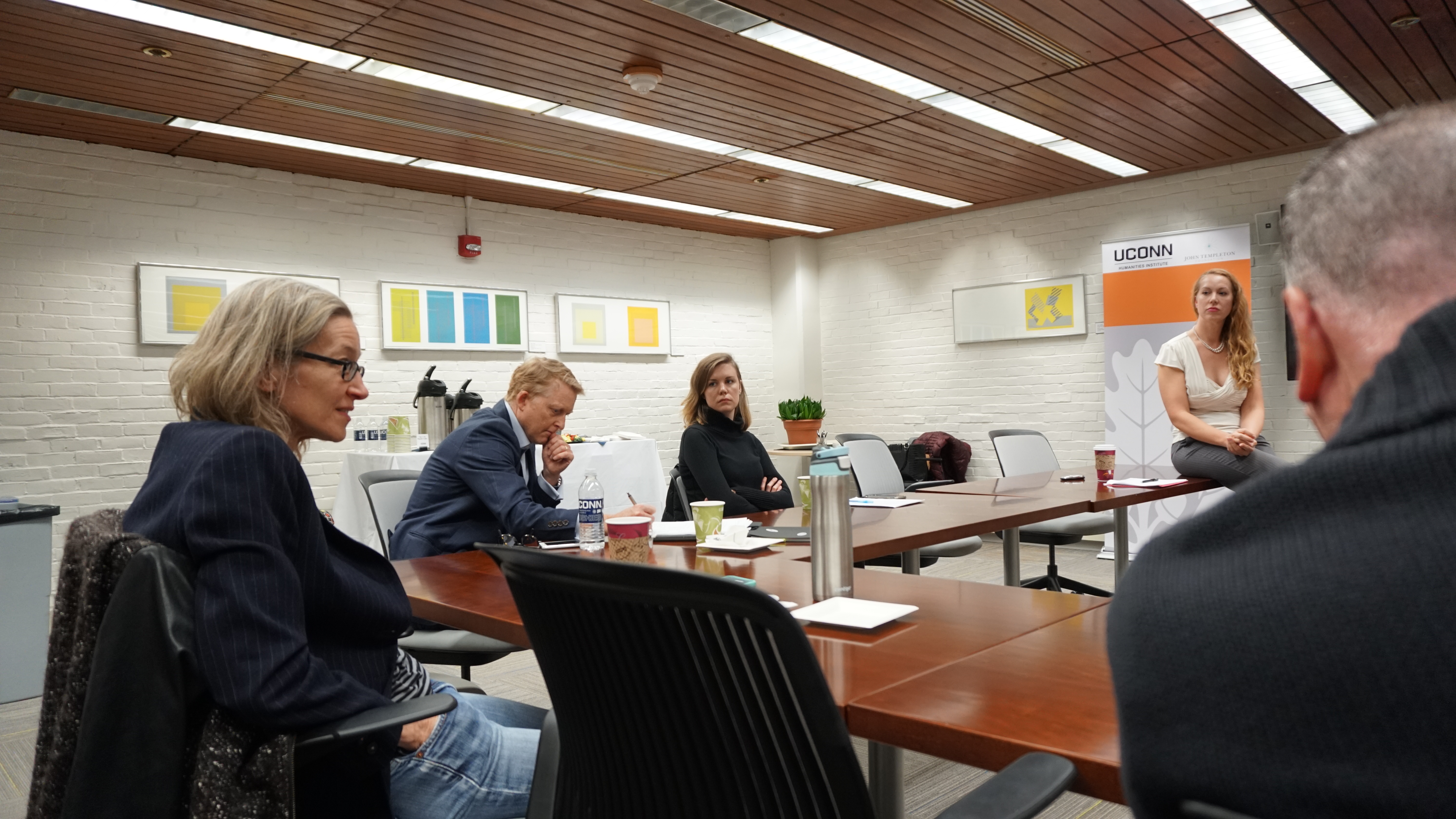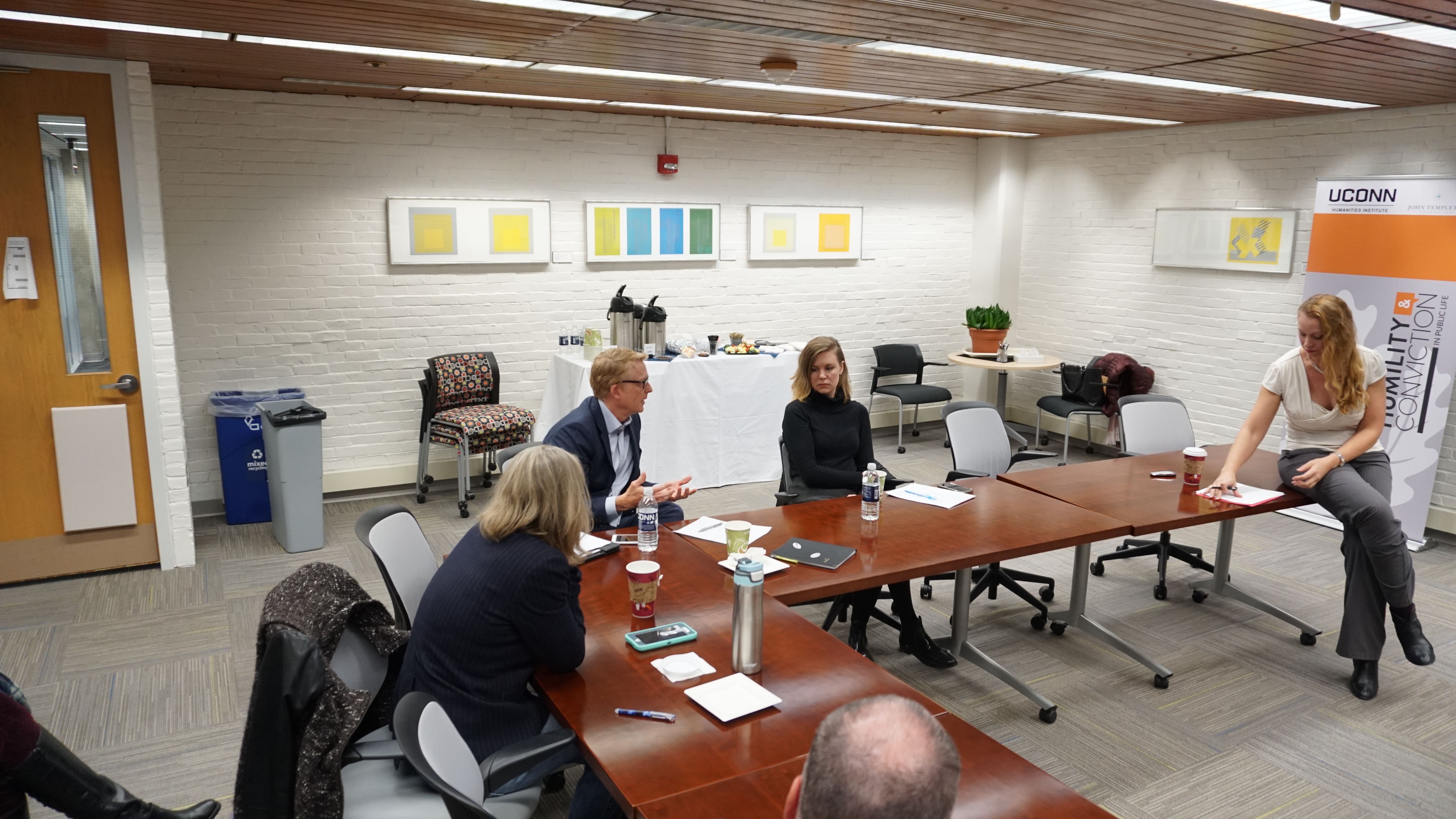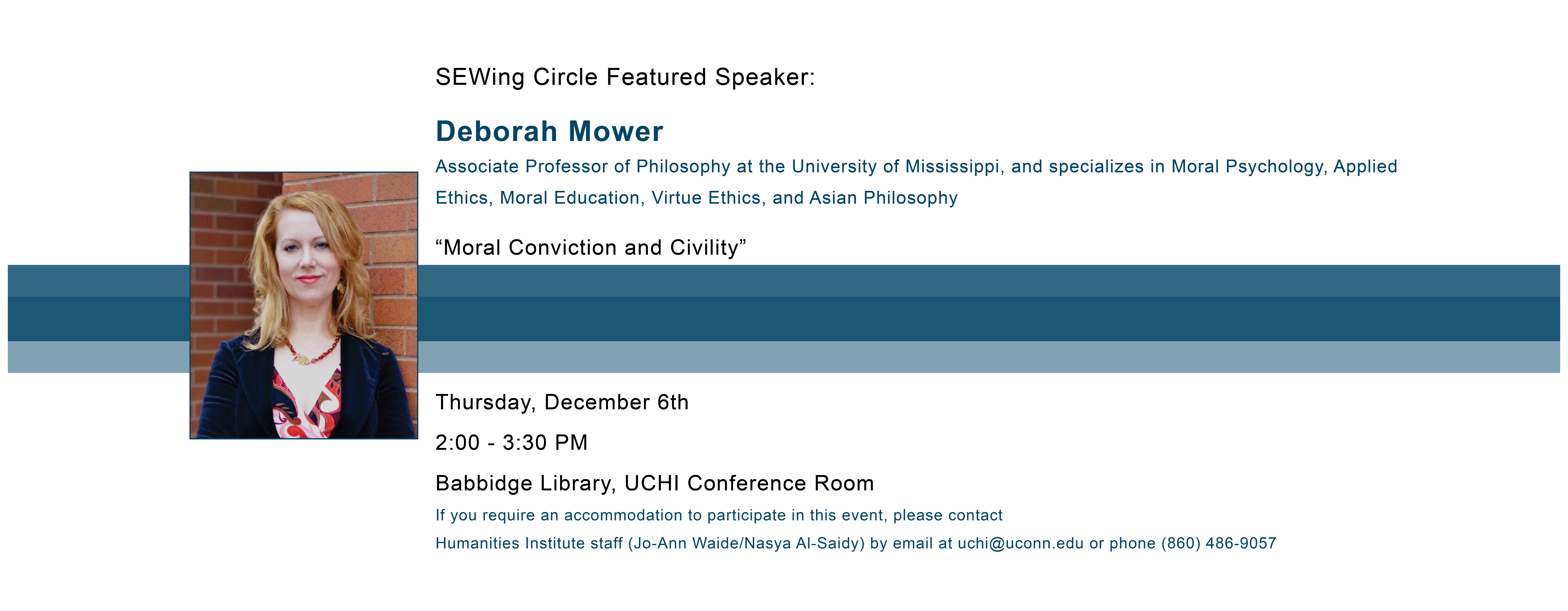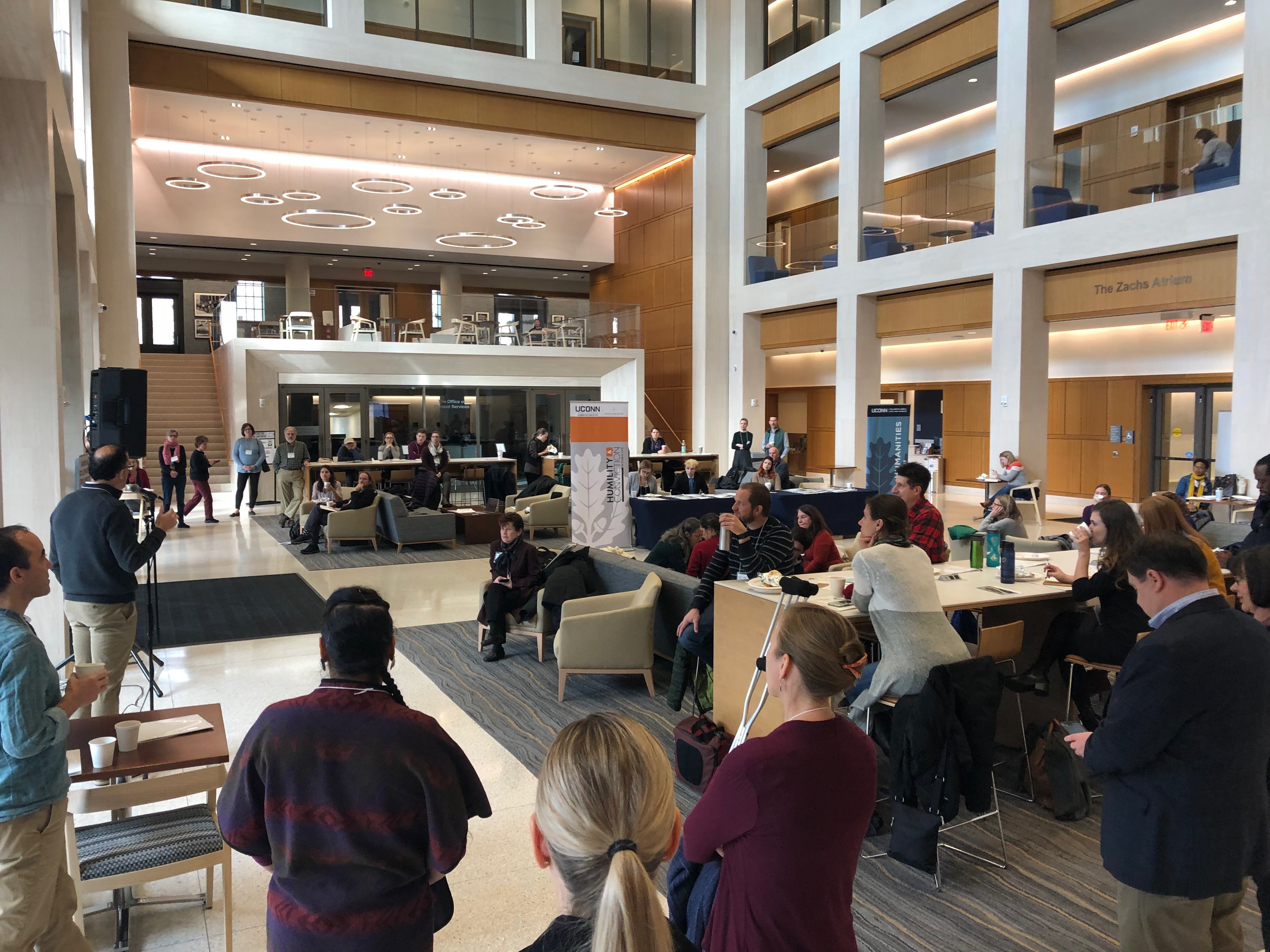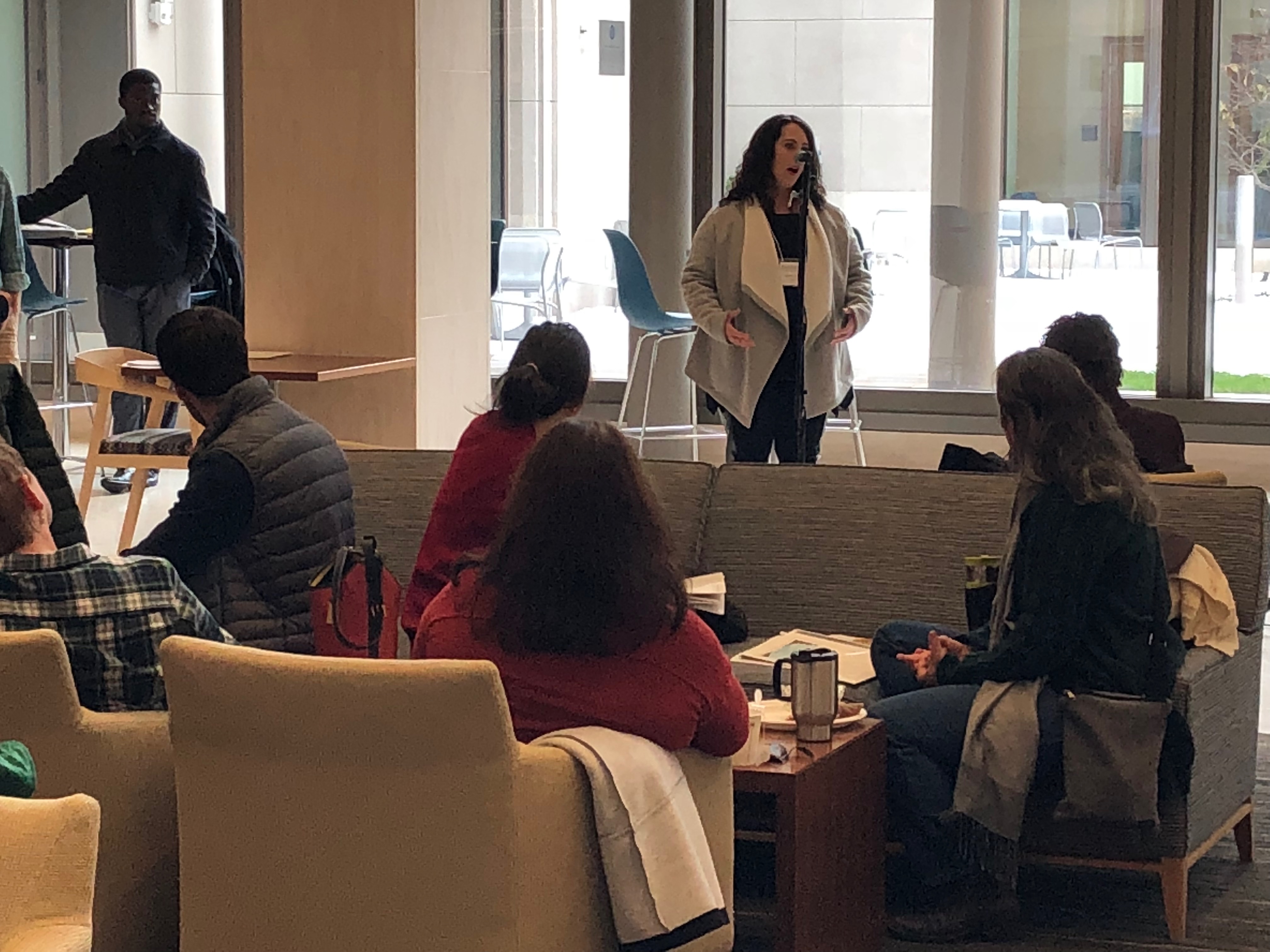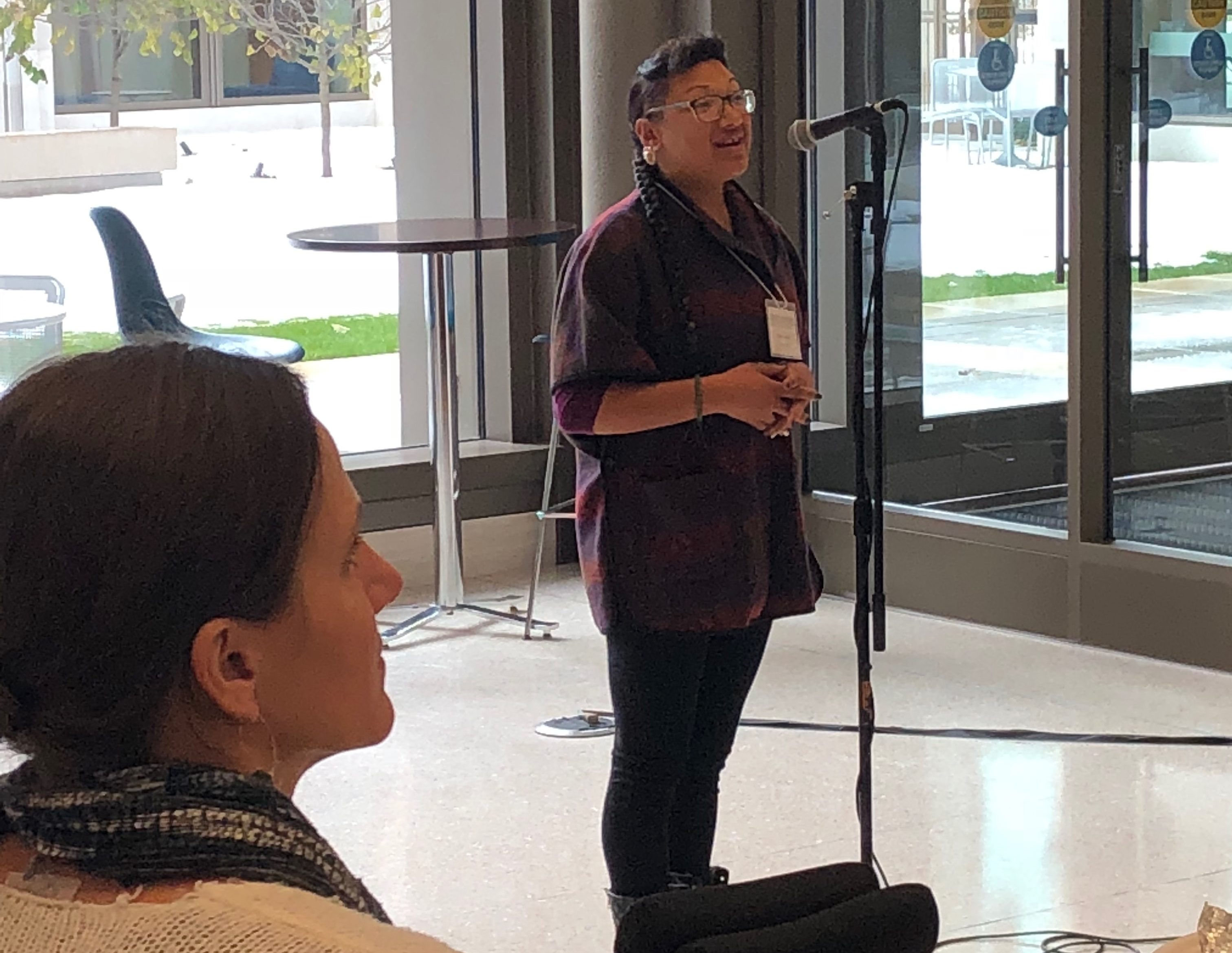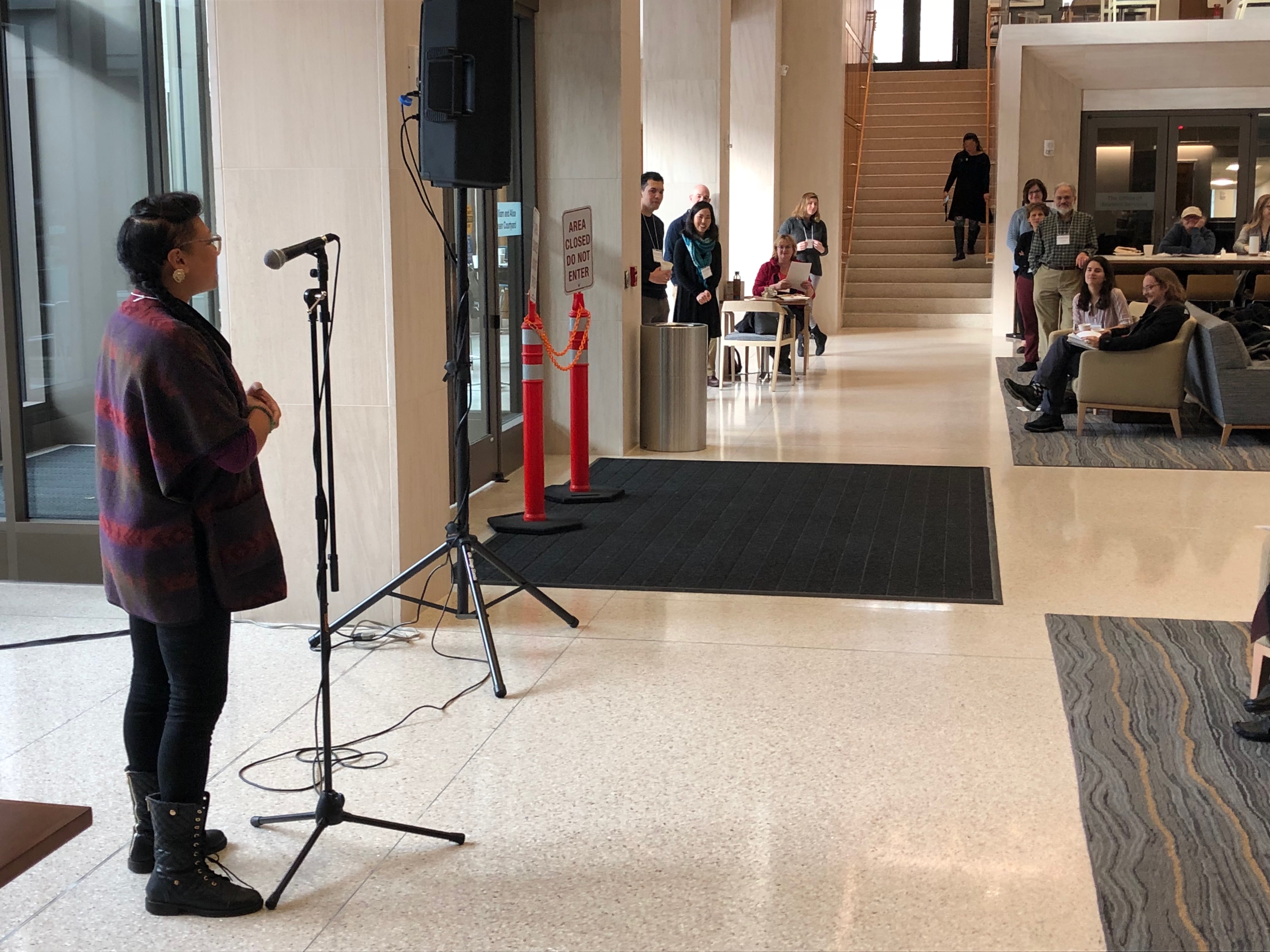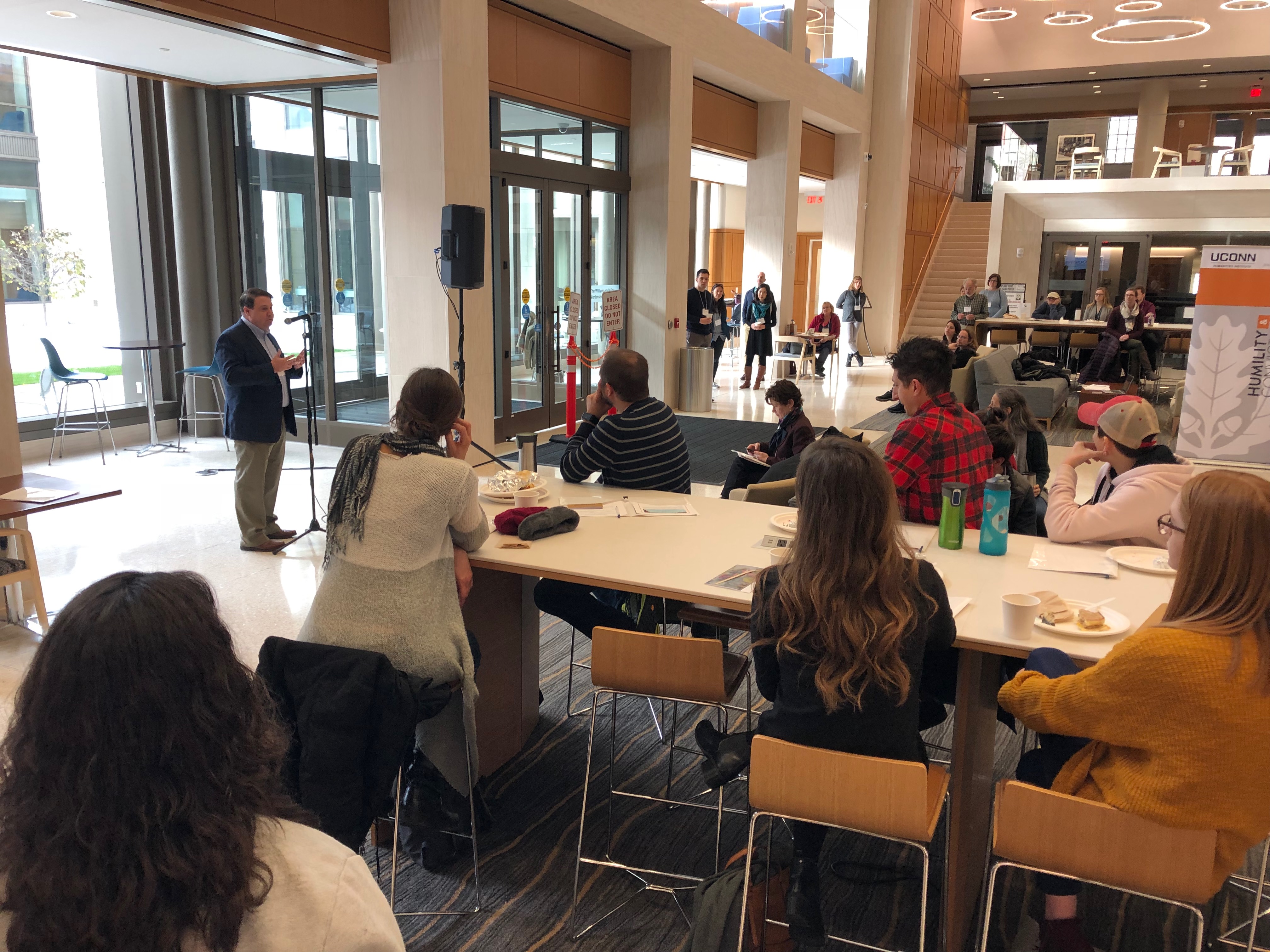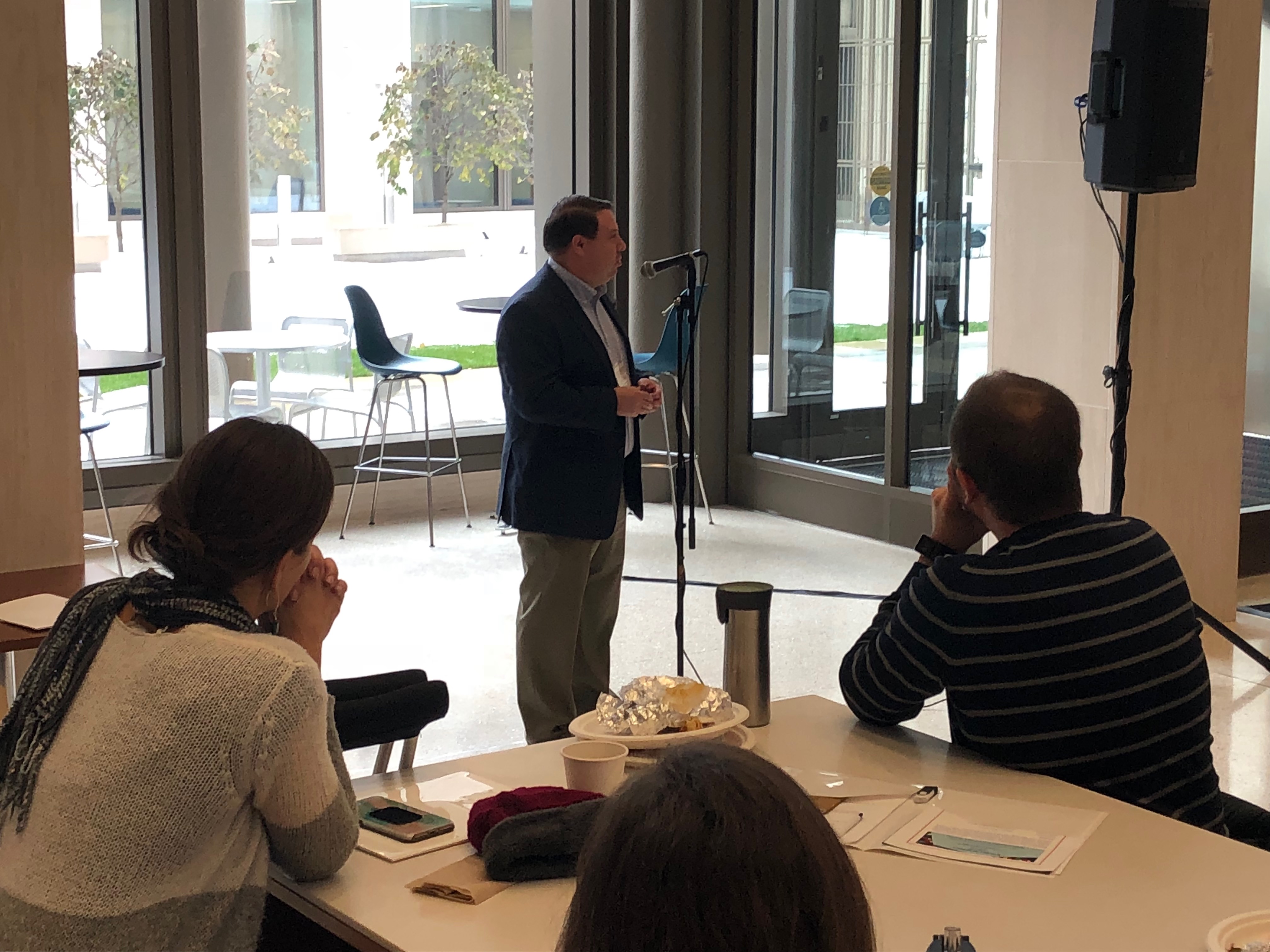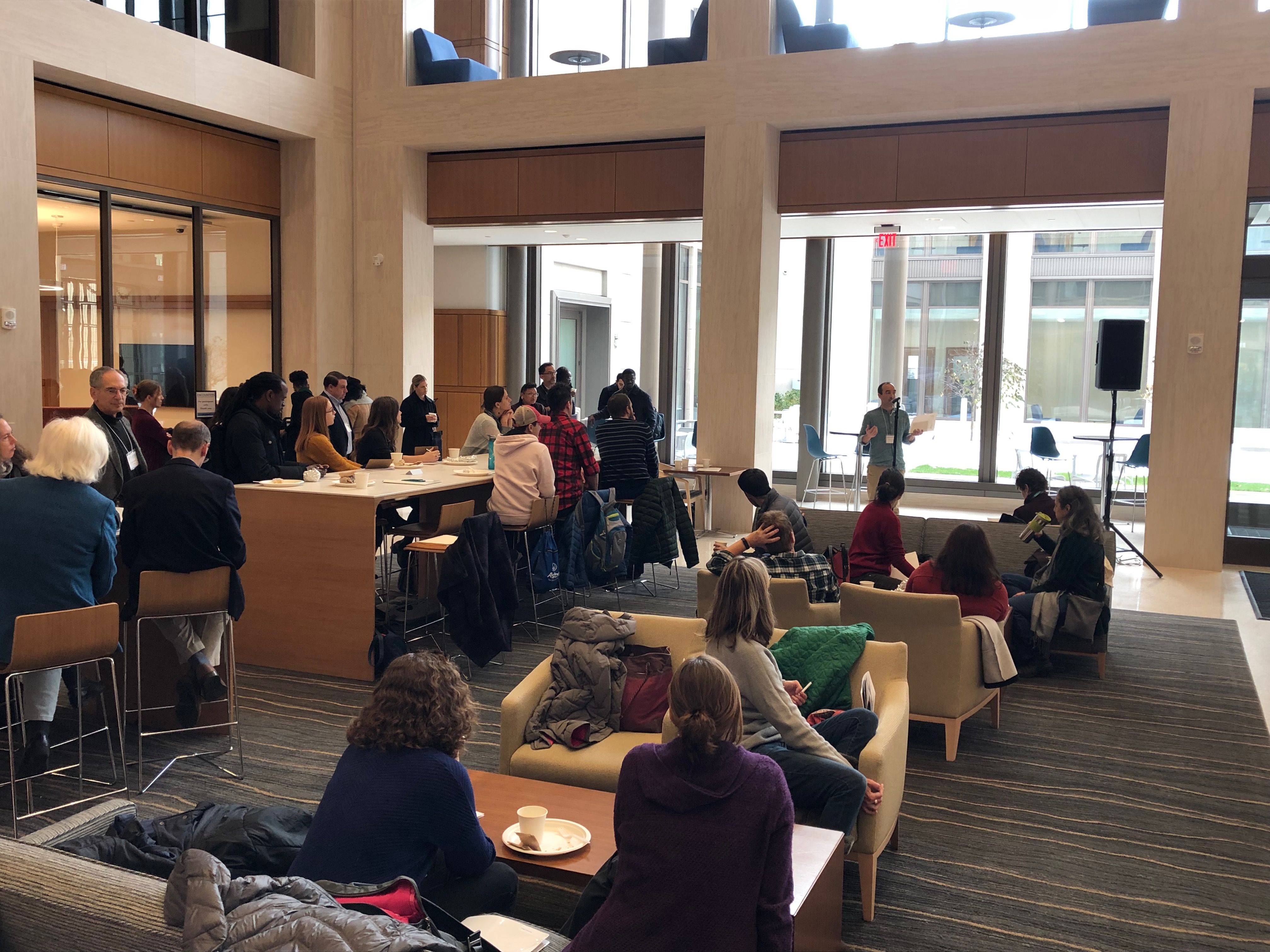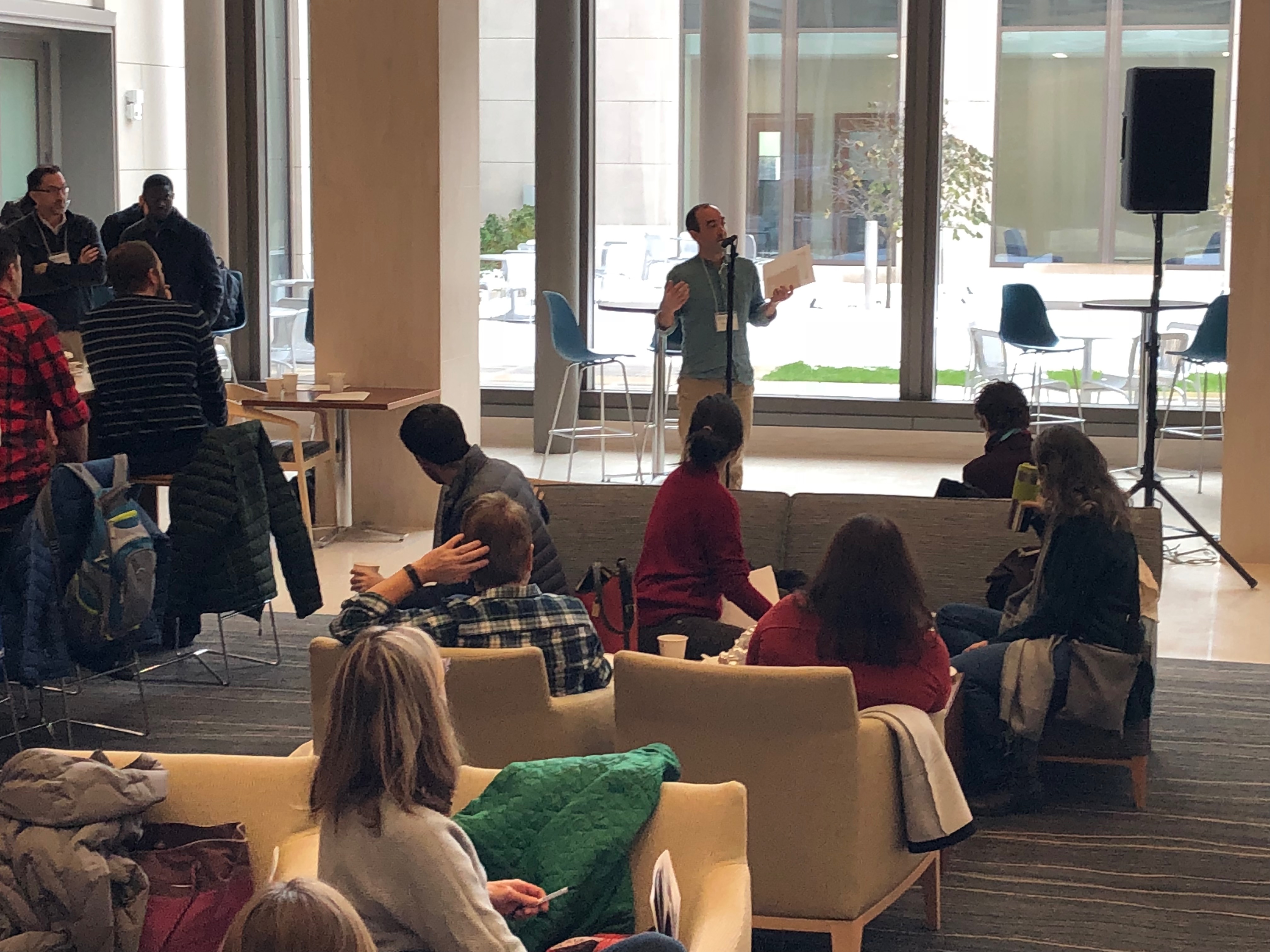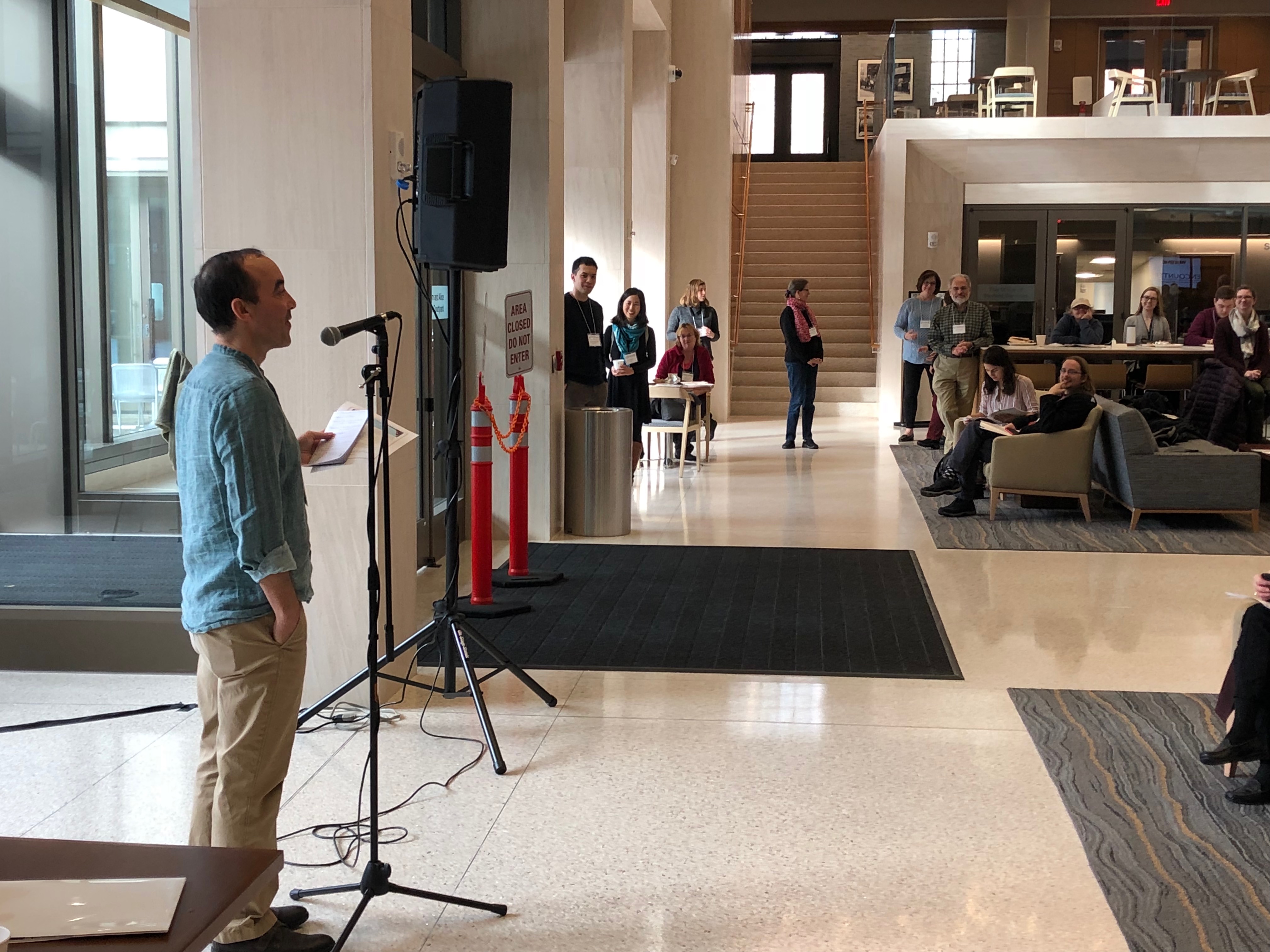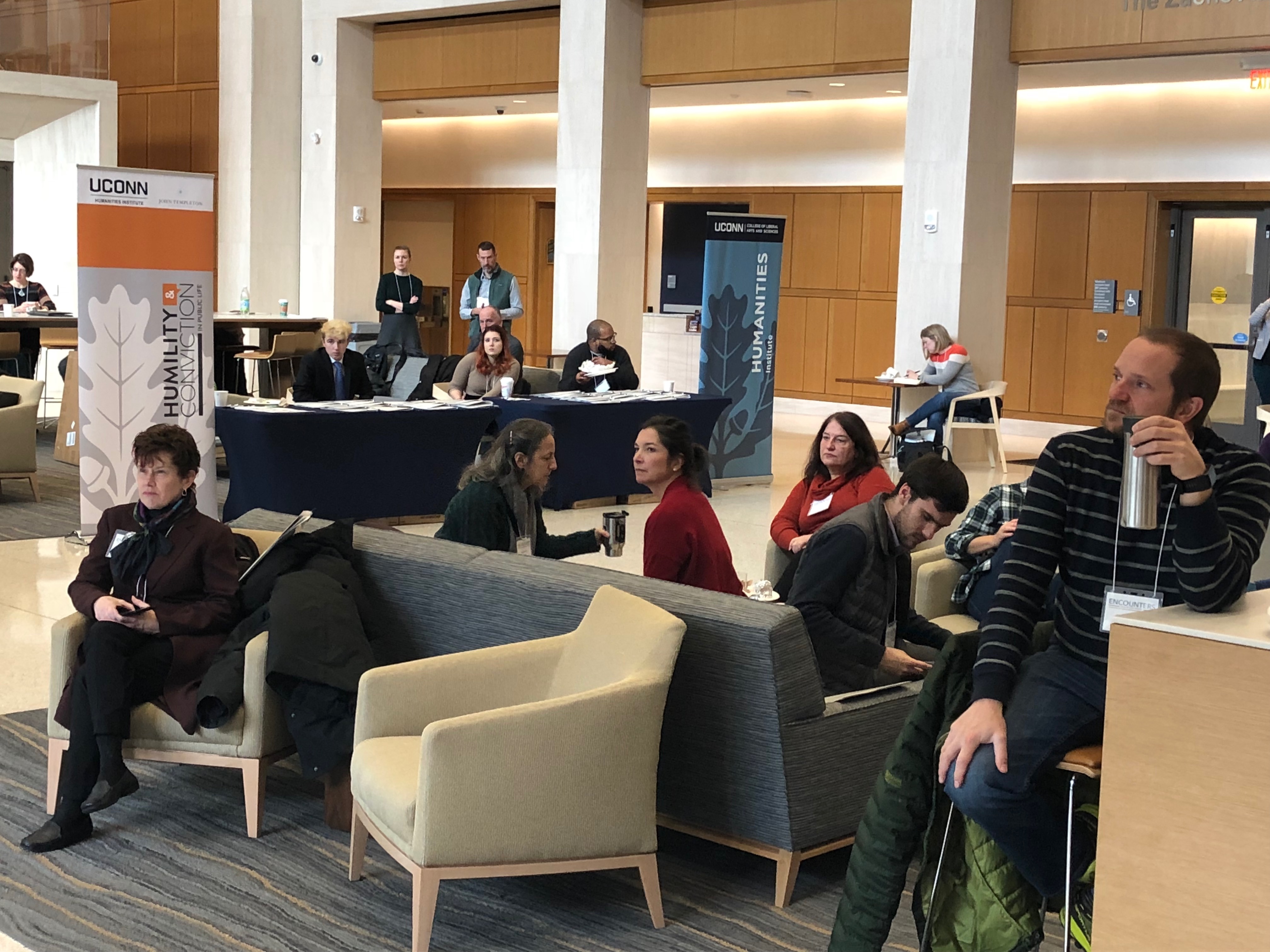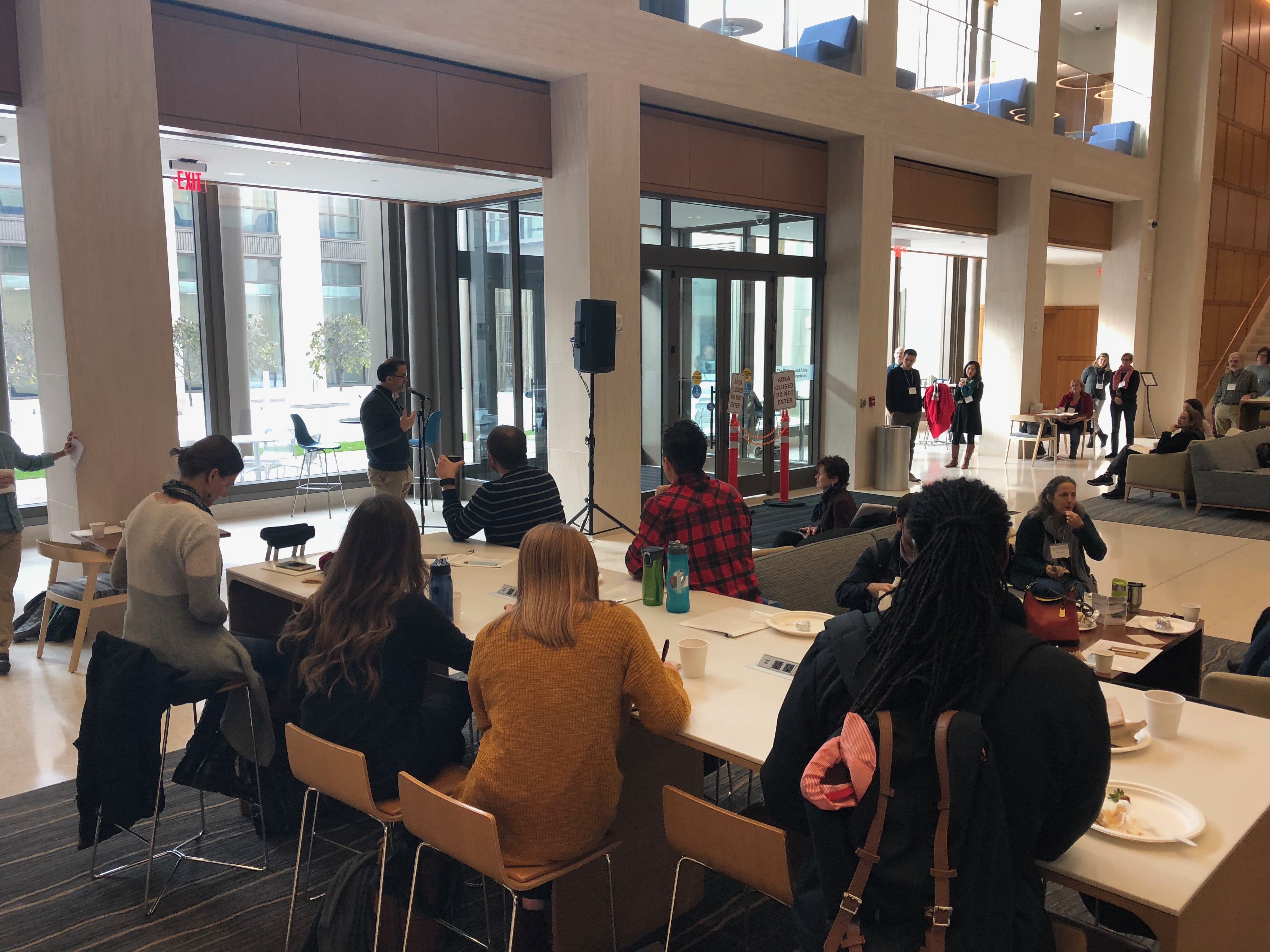“How ought we to believe?” For the participants at The Conviction Workshop, this question raised a number of concerns about the nature, function and appropriateness of “conviction.” As a moral, cultural, emotional and political concept, conviction bridges the ground between belief and action. For some, moral convictions can serve to protect or correct normative structures; it might mean committing oneself to action or detachment; be uncritical or allow for evaluation; can be a product of one’ s social atmosphere or the proof of one’s individuality; and be the difference between blind acceptance or true knowledge. In exploring this concept, the workshop examined questions, such as 1) What is a conviction? 2) How do we acquire convictions? 3) What is required to hold or express a conviction?
This interdisciplinary workshop featured talks given by Jen Cole Wright (Psychology), Matthew Pianalto (Philosophy & Religion), Deborah Mower (Philosophy), Christiane Heibach (Media Studies) and Justin E. H. Smith (History). The papers from this workshop will be gathered together in a larger collection so that conviction can be better understood, communicated, and practiced today.
